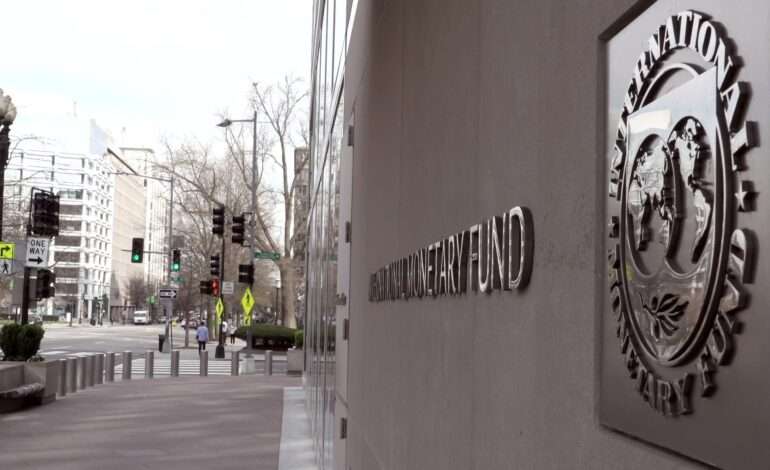
IMF loans keep Pakistan trapped in cycle of debt and short-term fixes: Report
Pakistan’s continued dependence on the International Monetary Fund (IMF) highlights its deep-rooted economic vulnerabilities and repeated failure to implement lasting reforms, according to a report by Khaama Press. The report warns that IMF loans are financing Pakistan’s short-term survival rather than enabling sustainable recovery, keeping the country trapped in a cycle of “financing without fixing.”
The IMF’s latest review of Pakistan’s $7 billion Extended Financing Facility (EFF) and $1.1 billion Resilience and Sustainability Facility (RSF) revealed serious discrepancies in economic data and missed fiscal targets. Although the government met some energy sector benchmarks, revenue collection fell short by nearly PKR 1.2 trillion, equivalent to almost 1 percent of GDP.
The IMF also flagged an $11 billion gap in trade statistics over the past two years. Import data from Pakistan Revenue Automation Limited (PRAL) was significantly lower than figures from the Pakistan Single Window (PSW), raising questions about data reliability.
Analysts warn that Pakistan’s chronic reliance on short-term external borrowing, combined with weak governance and inconsistent reforms, has turned IMF bailouts into routine lifelines rather than emergency measures. The country’s debt-servicing obligations already exceed $7 billion, with total external debt at 35.1 percent of GDP.
Pakistan’s debt-servicing ratio now stands at 30 percent of export earnings—the same level that preceded its 1999 default. With exports stagnating at 8 percent of GDP and imports at 22 percent, Pakistan faces a persistent foreign exchange deficit that fuels further borrowing and dependency.
The report concludes that unless Pakistan recalibrates its engagement with the IMF and prioritizes structural reforms, it risks remaining locked in a perpetual cycle of debt, dependence, and economic fragility.